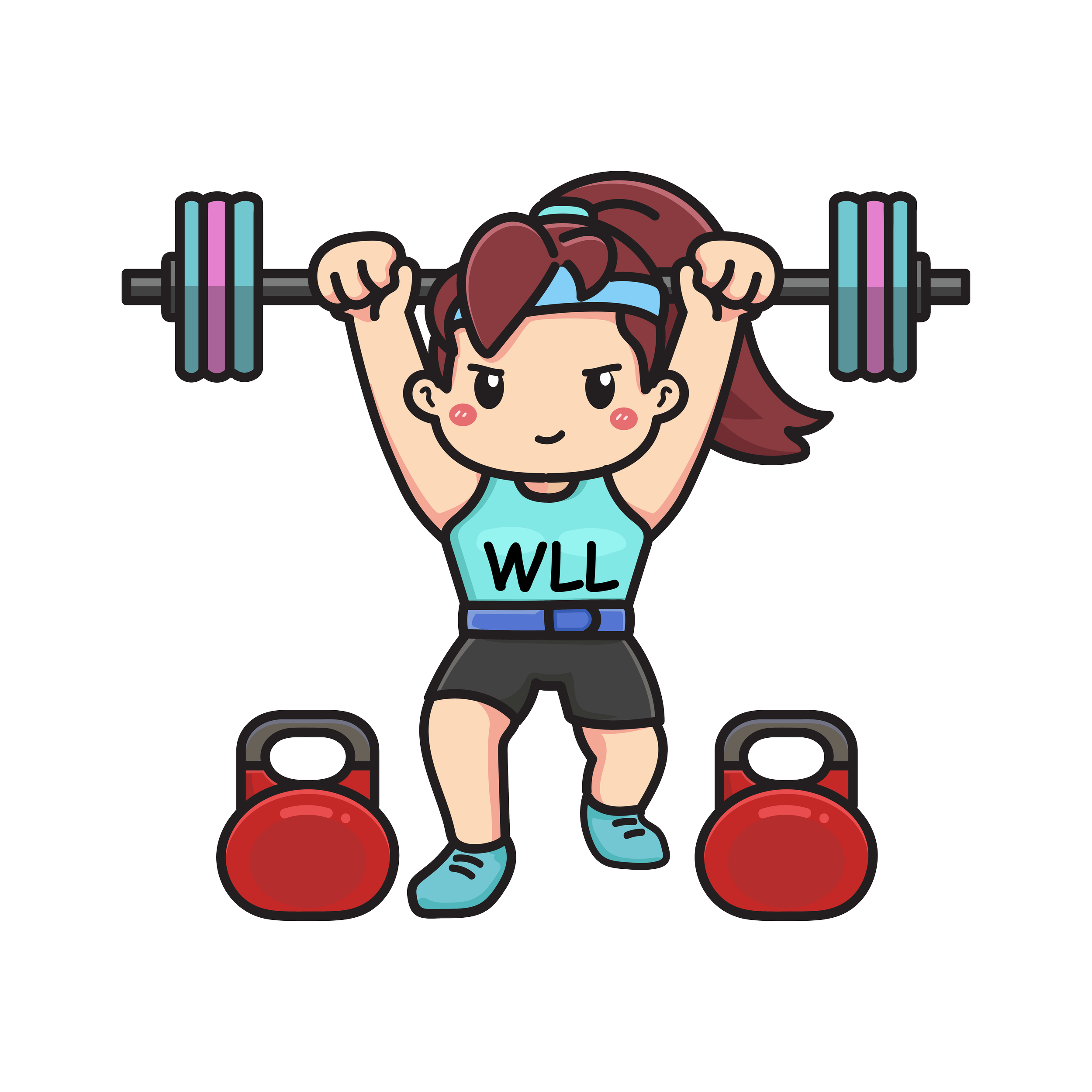What Happens When You Stop Lifting
Great question! If you have spent the last year getting buff, you likely put on some good quality muscle. But life happens and sometimes its difficult to continue with your routine. So what happens when you stop lifting?
Muscle and Strength:
Simply put, if you don't use it, you lose it. If you don't load the muscles, you will lose strength (and muscle size). Research has found that you lose strength at about half the rate you gain it. For example, if you increased your leg strength by 30% if four weeks, you will lose about 15% of that in four weeks and close to all of those gains in eight weeks. How fast you lose it depends on many factors include age and fitness level but generally speaking, it will take 3-4 weeks before you notice a loss of definition and muscle size.
Loss of strength is due to a reduction of blood flow as a result of a decrease in capillary size. When the muscles don't get nutrients, they get smaller leading to a loss of strength.
Neural Adaptation Loss:
Lifting weights requires a higher amount of neural activity. This increase in activity allows the body to increase its awareness and control. When you stop lifting, the nervous system lacks stimulation and will taper off. This is what increases your risk for injury as you have less fine motor control of the body. A noticeable loss can be seen in about 4-weeks.
Hormones:
Hormones like testosterone and human growth hormone increase with the onset of heavy resistance training. Compound movements such as squats, deadlifts, and standing presses produce most of these hormones naturally. Once training stops, these elevated hormones decrease and eventually end up at their baseline. Hormonal dysfunction can occur. For example, research has found that those who exercise have a higher libido and a decrease in exercise has lead to a lack of desire.
Soft Tissue:
Ligaments, cartilage, and tendons will slowly degrade over the course of a few weeks. This will increase the risk for injury as detrained ligaments and tendons will be more susceptible to stretching and straining. Cartilage will not be able to absorb impact and will increase stiffness within the joint. Stiff joints are unable to take high amounts of tension and can eventually lead to pain.
Vo2 Max:
Vo2 is the maximum amount of oxygen you can utilize during exercise. A week without exercise can cause Vo2 max to drop by 5 percent. This means there is less oxygen available to support your tissues. This decline continues with each consecutive week of inactivity. This is why it is challenging to training after even a weeks long vacation. If you stop exercising, V02 max will go back to baseline. You will end up feeling weaker and less energetic. The good news is that you can increase your Vo2 max fairly quickly, even within a 2-3 week period.
Mood, Memory, Concentration:
Exercise has been found to increase those feel good endorphins such as serotonin and dopamine. Mood improves with just a few lifts! Our memory also benefits from the increased blood flow to the hippocampus. When you stop exercising, there is less blood flow to the brain, which contribute to cognitive impairment.
In summary, life happens and sometimes we need some time off. However, even if you feel fine and appear physically okay, just know that the body will maladapt if not given enough stimulus. So keep on moving if you can!

